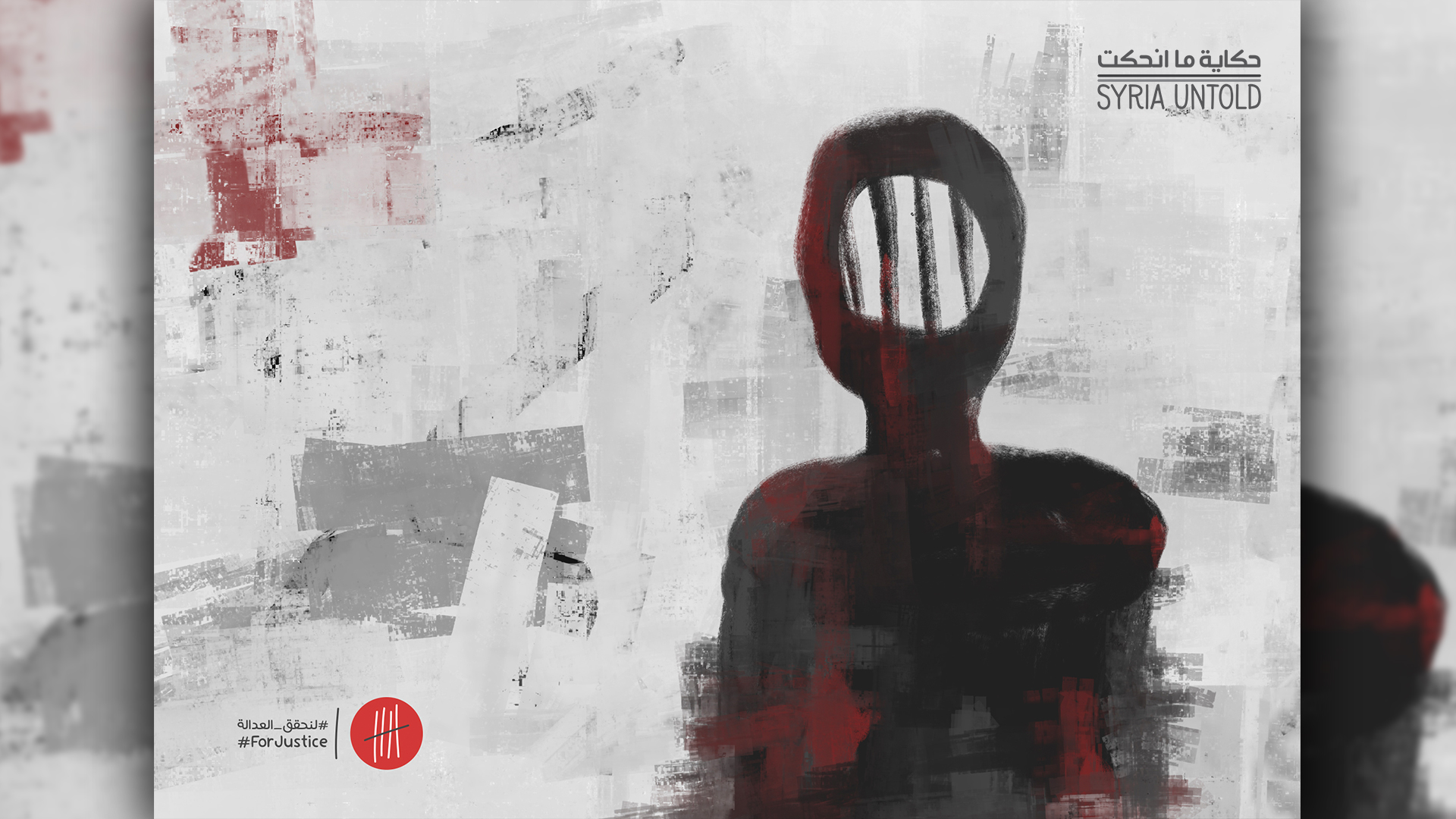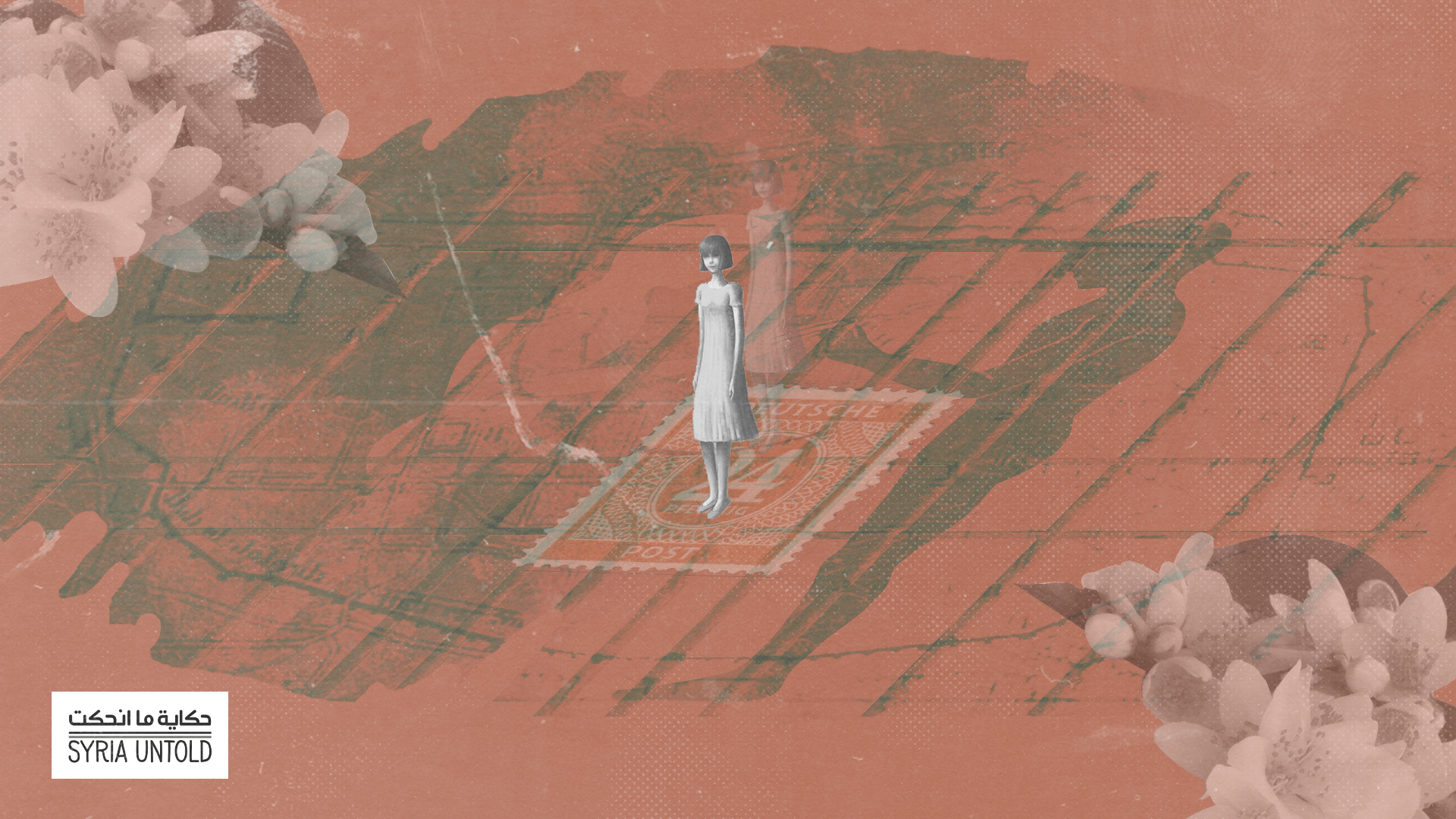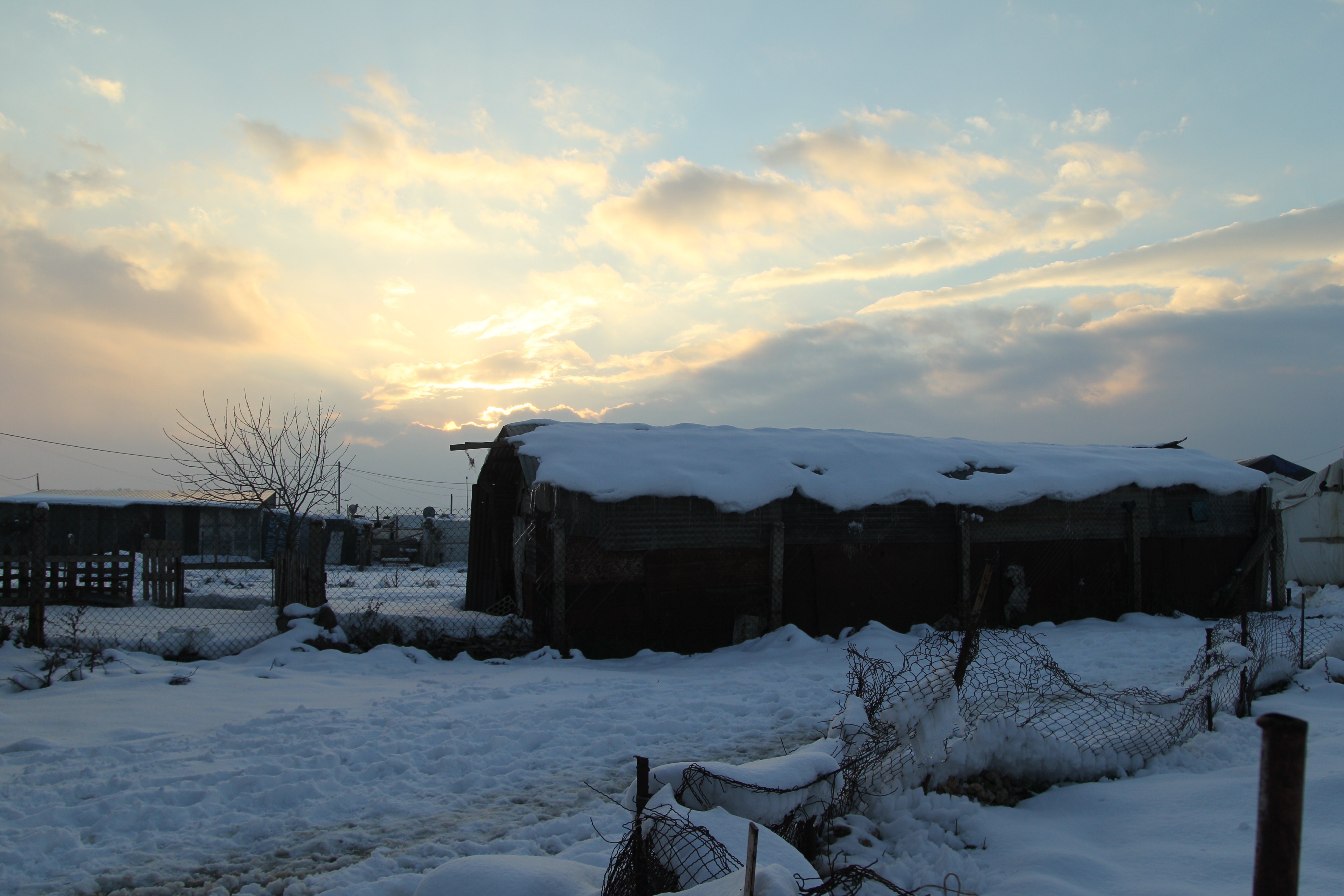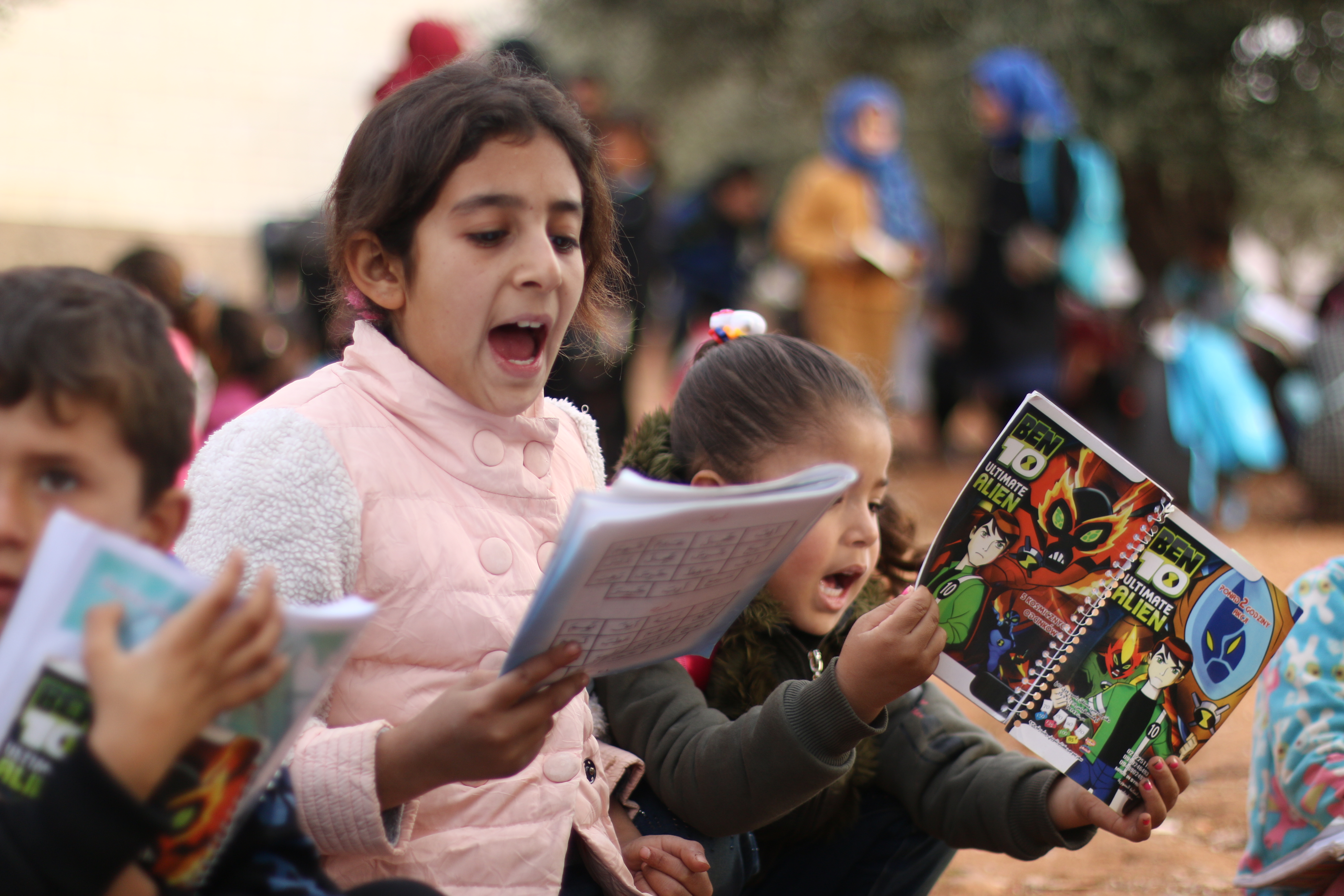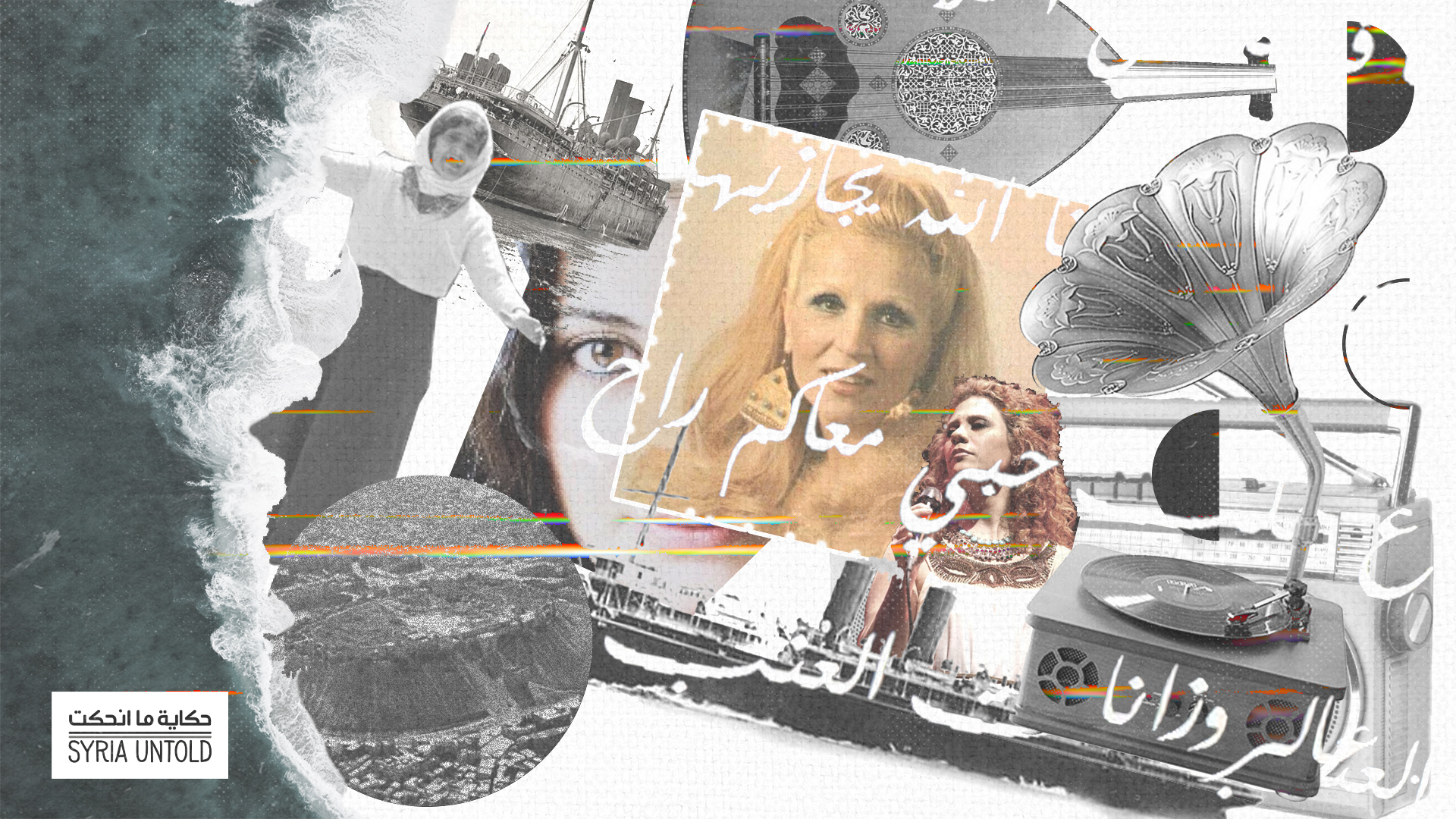‘I don’t like talking about fear’ (Al-Jumhuriya)
“In a previously-unpublished interview from 2019, the late Lokman Slim—assassinated last week—and his wife Monika Borgmann discuss living in Hezbollah’s Beirut; their film about Syria’s notorious Tadmor prison; the nature of political violence; and the question of fear.” Read more
Long night to resurrection
05 February 2021
The body, between event and memory
25 January 2021
Syria 'finds body of archaeologist Khaled al-Asaad beheaded by IS' (BBC)
“Syrian authorities believe they have found the body of a top archaeologist who was killed by the Islamic State (IS) group in 2015 while he tried to protect the ancient city of Palmyra.
Militants publicly beheaded Khaled al-Asaad, 82, after he refused to disclose the location of valuable artefacts.” Read more
Apologists call Assad secular. Assad tells Syrians otherwise (Newlines Magazine)
“The Syrian regime’s claim that it is a force against terrorism and extremism in the region hardly suffices for Syria to be regarded as a secular country. The same goes for the fact that Muslims and Christians, and their various sub-denominations, live together in peace in regime-controlled areas.” Read more
Syrian who fled to Germany 5 years ago runs for parliament (Associated Press)
“Five years ago, Tareq Alaows crossed the Mediterranean in a flimsy rubber dinghy and trekked north through the Balkans toward Germany, fleeing the civil war in his homeland of Syria to seek a safe haven.
Since then, the 31-year-old has learned fluent German, found a steady job — and has just launched a campaign to run for a seat in Parliament in September.” Read more
How do you explain hunger to a child?
08 January 2021
In pictures: Under olive trees, volunteers teach displaced Idlib children
28 December 2020
Syrian ‘military evaders’ face unlawful seizure of property, assets (Human Rights Watch)
“This is only the latest in a series of laws and policies designed to punish perceived political dissidents and Syrians who fled, but which also serve to enrich a flailing government with money from the pockets of disillusioned Syrians already facing a barrage of crises.” Read more
The last straw: How chemical weapons impact women and break communities (Global Public Policy Institute)
“Our research shows that, although they are rarely active combatants, women and children are overrepresented among the victims of indiscriminate attacks — since they usually remain at home or in town during the day while their husbands, sons or fathers are out working or fighting on the frontline.” Read more
Kneel and starve: Under the watchful eye of the secret police, Syrians go hungry (Newlines Institute)
“A bread crisis has led even Syrians who supported the government (or at least did not oppose it) to lose faith in the state as a source of stability. In response, Damascus has turned to violence and repression as a means of containing the fallout.” Read more
“I think about home every day”: The Syrians who can never return (Newlines Magazine)
“The Bekaa Valley remains the center of the Syrian crisis in Lebanon, sheltering half the refugees who live in makeshift tents and shacks. But Arsal, on Lebanon’s northern border with Syria, is a tragedy within a tragedy. The camp is a sea of tents. The United Nations calls them ITS, informal tent settlements, an anodyne abbreviation that disguises the heaps of plastic and scrap metal that prop up shelters for half a million people.” Read more


